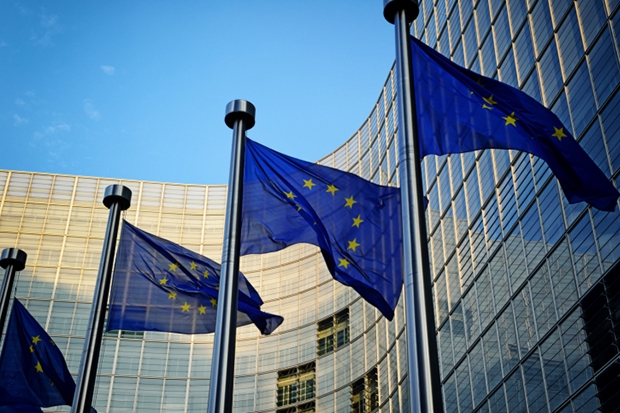
European Recovery Plan
- Details
Commission sets right priorities / Health and environment will play a much stronger role in the future / Now implementation has to be done correctly
"The European Commission is setting the right priorities. After the corona crisis, it is very important that we strengthen the health systems in the European Union and invest the money in environmentally friendly technologies," states the spokesperson of the largest group in the European Parliament (EPP/Christian Democrats) Dr med. Peter Liese about the European Commission's proposals for a new financial framework and the recovery plan after the Corona crisis. "It is extremely important for Europe to be able to act during this period. The Franco-German initiative has largely overcome the division between North and South. We must not deny our support to the states most affected by the corona crisis, e.g. Italy, because otherwise, the corona virus has the potential to kill Europe. It is important that we invest in the future. Ursula von der Leyen quite rightly says that the younger generation faces burdens with high debts. We must therefore not invest in outdated technology, but must invest in the future, which means above all in the protection of the climate. In that way the Commission has set the right priorities. However, I am somewhat sceptical as to whether the proposed instruments are sufficient to actually achieve the goals. In the European Parliament, we will take a close look at the matter and we will insist that the Member States indeed look to the future," said Liese.
Commission presents biodiversity strategy and farm-to-fork strategy
- Details
Need climate-friendly food production, but no unnecessary burden for farmers
Today, the European Commission will present its biodiversity strategy and the Farm-To-Fork strategy, both are part of the Green Deal. The strategies aim to protect biodiversity in Europe and make food production more sustainable. "More than ever, many people are questioning the environmental impact of the food on their plates. For producers and farmers, this is now an opportunity to make food production more sustainable and transparent. Consumers should be able to understand the process of food production. But we have to do this in a balanced way", said Dr. Peter Liese, environmental spokesperson of the largest group in the European Parliament (EPP, Christian Democrats). He welcomes most of the Commission's proposals: "I strongly support the promotion for more climate-friendly food production. But especially in the current crisis we must avoid unnecessary burden for farmers".
Read more: Commission presents biodiversity strategy and farm-to-fork strategy
EU agencies recommend protective masks and distance for air travel
- Details
Recommendation was overdue / Flying dangerous without precautions / Economic considerations must not override health protection / Legal requirements if necessary
The European Aviation Safety Agency (EASA) and the European Centre for Disease Prevention and Control (ECDC) have issued recommendations for the prevention of Covid-19 infections in aircraft. According to these recommendations, passengers should wear masks and there should be a distance between them in the aircraft. For this purpose, it is said that one seat per row or every second row in the aircraft should be left free. MEP Peter Liese, EPP spokesperson for health emphatically welcomed the recommendation. "This recommendation was overdue. I think it completely disproportionate that we allow restaurant owners; fitness studio operators and others to work only under strict conditions and with the necessary distance, but that the airlines still have the option of operating the aircraft down to the last seat.
Read more: EU agencies recommend protective masks and distance for air travel
Remdesivir awaiting conditional marketing authorisation in the European Union
- Details
Very good news for patients / Closely monitor effects and side effects in future
The European Medicines Agency is, at short notice, planning the conditional marketing authorisation for the antiviral medicine Remdesivir in order to treat Covid-19. This was announced by the Director of the European Medicines Agency, Guido Rasi, answering a question of the spokesperson for health of biggest political group in the Europe Parliament (EPP - Christian Democrats) Peter Liese, at a hearing in the European Parliament's Committee on Environment and Health. Conditional marketing authorisation means that, according to the experts' assessment, the medicine is likely to be effective and shows little side effects. However, it is still necessary to closely monitor the ongoing treatment.
Read more: Remdesivir awaiting conditional marketing authorisation in the European Union




